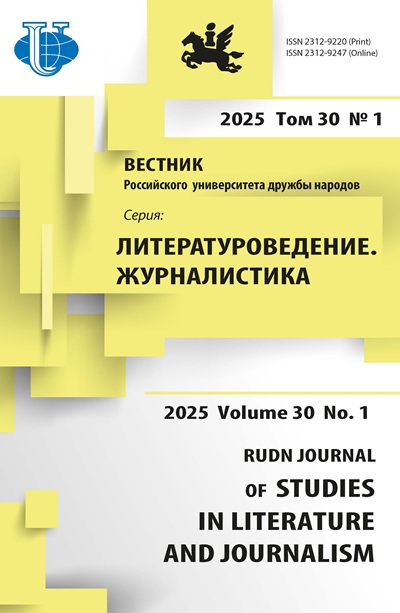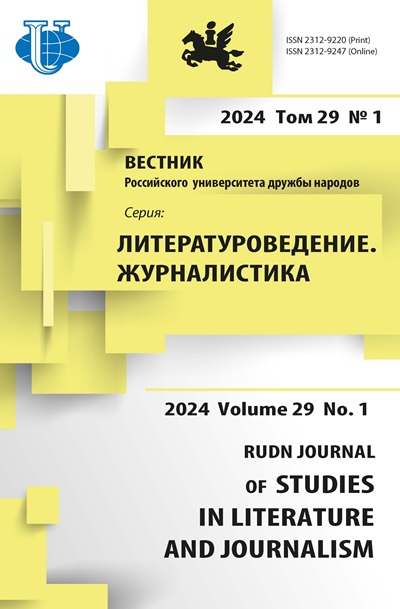Abstract
The features of the chronotope in Kazuo Ishiguro’s stories “Crooner” and “Come Rain or Come Shine” are examined. The main attention is paid to the analysis of the features of artistic space and time in the texts. In particular, the features of open and closed, mental and physical spaces are dissected. The metaphorical meanings of some loci in the stories are identified and interpreted. The focus is on how individual images of spaces allow the author to reveal the themes of memory and love that are to be found in Ishiguro’s works quite often. It is stated that the theme of love in the story “Crooner” is characterized by the presence of positive features, which distinguishes this work from other examples of the writer’s prose. This study highlights how music becomes an element of the artistic space of some episodes. It is suggested that this feature enhances the sensory nature of the texts. In addition, it allows the author to introduce intermedial allusions. As a result of the study, it is concluded that the features of the chronotope in the analyzed stories serve to deepen psychologism, reflect the mental state of the characters. It also enriches the presentation of some episodes.
















